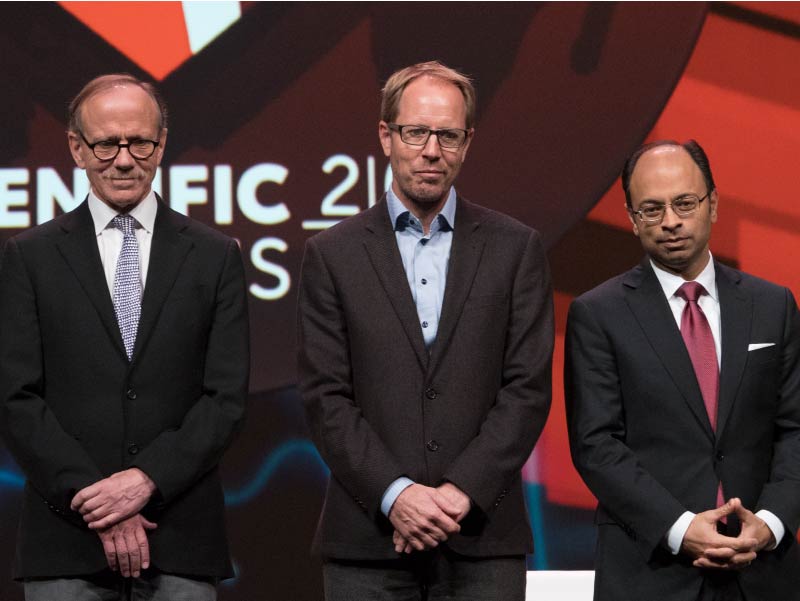Salk Institute investigator receives $19.2 million to study cognitive impairment
By American Heart Association News

CHICAGO – An investigator at the Salk Institute for Biological Studies will receive $19.2 million from the American Heart Association and the Paul G. Allen Frontiers Group to explore which cells drive the aging process and then become risk factors for cognitive impairment.
Fred H. "Rusty" Gage will receive that total over eight years, starting Jan. 1. The award is part of a $43 million brain health initiative led by the AHA and the Paul G. Allen Frontiers Group.
Two more awardees will each receive $9.6 million spread over four years, also beginning Jan. 1.
Tony Wyss-Coray of Stanford was chosen for his project titled "Immunomodulation to promote cerebrovascular and cognitive health."
Mukesh Jain of University Hospitals Cleveland Medical Center was chosen for his project titled "Optimizing the function of a redefined neurovascular unit to prevent age-related dementia."
The announcements came Sunday during Scientific Sessions, the AHA's flagship science event. They culminated a hunt for new answers that began in May with the launch of collaborative efforts powered by the AHA and the Allen group, a division of the Allen Institute founded by Paul Allen, the late philanthropist and co-founder of Microsoft.
The goal of these research awards is to find creative, transformative concepts.
The AHA-Allen initiative application also noted that resources would be set aside for other ideas the selection committee deemed worthy of pursuit. That's how Wyss-Coray and Jain each received four years' worth of funding.
AHA and the Allen group initially each put $20 million toward this initiative. Additional funding has come from the Oskar Fischer Project and the Henrietta B. and Frederick H. Bugher Foundation.
Healthy aging is a major issue. Thanks to advances in science and medicine, people are living for more years, but further work is needed to ensure that those are good years. Cognitive issues interrupt quality of life far too often.
More than 5.7 million Americans live with a diagnosis of one of the most common forms of dementia. That number is expected to nearly triple by 2050.
The research community focused on these issues has morphed into two sides, with some focusing on neurodegenerative diseases (such as Alzheimer's) and others focused on cerebrovascular diseases (such as stroke). This initiative seeks to be a bridge linking both communities.
Find more news from Scientific Sessions.
If you have questions or comments about this story, please email [email protected].




